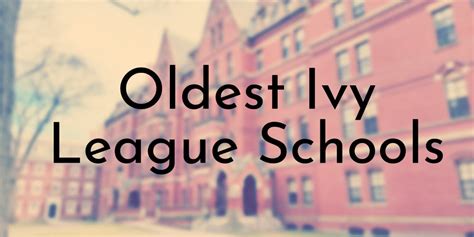The recent decline in Harvard University’s application rates by 5% raises intriguing questions about broader trends in the Ivy League admissions landscape. This shift comes amidst a year marked by considerable unrest on campuses, sparking debates about whether the atmosphere at these prestigious institutions might affect their draw. While it’s easy to point fingers at campus turmoil, the situation is more nuanced, hinting at underlying shifts in societal attitudes towards higher education and elite institutions.
The conversation around campus culture, particularly at Ivy League schools, is increasingly colored by occurrences of protests and the administration’s responses to them. At institutions like Harvard, where activism has historically been a vibrant part of the academic environment, recent student-led protests can either be seen as a continuation of a proud tradition or a detraction from the academic focus, depending on one’s perspective. This polarization is not limited to the students and faculty within these walls but also influences prospective students and their families, who are watching these events unfold from the sidelines.
It’s interesting to note contrasting trends among Ivy League peers, such as Yale and the University of Pennsylvania, where applications have surged by approximately 10%. This divergence raises questions about what differentiates Harvard’s situation this year. Discussions suggest a mix of factors, including media portrayal of events, administrative actions, and perhaps the broader political climate, may have swayed public perception and, consequently, student applications.
The term ‘campus culture’ itself has evolved. Where it once denoted a rich tapestry of intellectual debate and student activity, it now also encompasses a spectrum of activism that can veer into the realms of disruption. This broadening definition impacts not only current students and faculty but also alumni and prospective families making pivotal decisions about their educational future. For some, a vibrant activist campus is appealing, signifying a dynamic environment that challenges the status quo. For others, it raises concerns about the stability and focus of the academic experience.
As we dissect these trends, it becomes apparent that choosing a university is becoming less about traditional academic prestige and more about aligning with an institution whose cultural and ethical values resonate with those of the prospective student. This shift is reflective of broader societal movements towards greater personalization and alignment of values in our choices – from the products we buy to the education we pursue. The educational institutions that recognize and adapt to this shift, transparently communicating their values and culture, may well find themselves at an advantage in attracting future generations.
The potential long-term impact of this shift on Ivy League universities could be profound. These institutions have long relied on their reputations as bastions of not only academic excellence but also of a particular kind of social prestige. As cultural dynamics shift, so too might the allure of these educational giants. It remains to be seen whether this is a temporary fluctuation or a sign of a deeper change in the landscape of American higher education. Either way, the conversation about what makes an Ivy League education appealing is sure to continue evolving, reflecting broader changes in societal values and expectations.


Leave a Reply